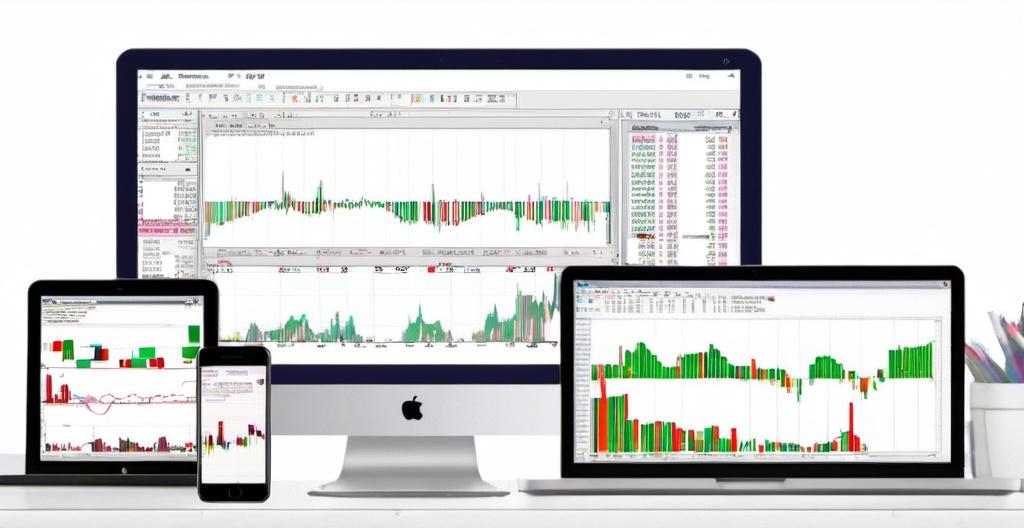Cryptocurrency has become one of the most talked-about financial topics in recent years. Bitcoin, Ethereum, and countless other digital assets regularly dominate headlines with stories of overnight millionaires, parabolic price runs, and dramatic crashes. This constant attention makes crypto look irresistible, especially to new traders who see volatility as opportunity. The pitch is simple: get in early, hold, and watch the value skyrocket. But beneath the excitement, experts and regulators continue to warn that most people are not investing in the traditional sense—they’re speculating, often with the same odds and mindset found at a casino.

Why Experts Compare Crypto to Gambling
Traditional investing usually comes with a framework: buying shares of a company backed by fundamentals, holding bonds tied to predictable returns, or building portfolios based on diversification and risk tolerance. Crypto, by contrast, lacks that foundation. Prices move wildly based on hype, speculation, and sentiment rather than consistent earnings or measurable growth.
Even financial professionals have been blunt about this difference. As one expert from investing.co.uk put it, speculating in crypto resembles gambling more than investing, since the outcome is driven almost entirely by unpredictable market behavior rather than intrinsic value. The volatility that attracts traders is the same feature that makes it impossible to treat crypto like a safe, stable asset.
This is why comparisons to gambling keep appearing. In both cases, there’s a rush of adrenaline, an illusion of control, and the constant temptation to “double down” after a win or chase losses when things go wrong. The structure and psychology mirror each other more closely than most traders want to admit.
The Role of Risk and Regulation
One reason crypto feels closer to gambling is the absence of universal regulation. In the UK, the Financial Conduct Authority (FCA) has warned repeatedly that investors should be prepared to lose everything they put into crypto. Scams, rug pulls, and fake platforms remain common, targeting those who don’t understand how little protection they actually have once money leaves their account.
By contrast, traditional financial markets are tightly regulated. Brokers must be licensed, funds are often insured, and there are systems in place to resolve disputes. Crypto offers none of that certainty. Instead, it places full responsibility on the trader, which can be liberating for the experienced but devastating for those who mistake speculation for investment.
The Psychology of Speculation
What drives people into crypto isn’t just the promise of high returns—it’s the emotional pull. Human psychology is wired to chase risk when the potential payoff is life-changing. The excitement of a rising market, the stories of people getting rich overnight, and the constant social media hype amplify a gambling-like mindset.
This creates cycles where traders overextend themselves, take on more risk than they can handle, and rationalize their decisions by pointing to others who “made it.” In reality, most participants enter and exit at the wrong times, turning what could have been an investment into nothing more than a bet with bad odds.
Treating Crypto for What It Is
None of this means crypto has no value. Some traders build structured strategies around it, using strict risk management and diversification to limit exposure. Long-term holders believe that Bitcoin and other major tokens may serve as a hedge against inflation or as part of a decentralized future. But even in these cases, the line between investment and speculation is thin. Without strong fundamentals or predictable returns, every position carries a risk profile closer to betting than to investing in traditional assets.
A Safer Approach
For those who still want to participate, the safer path is education and controlled exposure. Only trade with money you can afford to lose, keep position sizes small, and avoid chasing hype. Diversifying into more stable assets alongside crypto reduces the chance of catastrophic losses. Just as importantly, understanding that this is speculation—not guaranteed investment—helps set realistic expectations.
Where to Learn More
Anyone considering putting money into digital assets should first study the risks and learn how to compare platforms. Resources such as investing.co.uk offer breakdowns of crypto products, warnings about unregulated brokers, and comparisons with safer alternatives. Their guidance stresses the difference between structured investing and speculative gambling, reminding traders that chasing volatility without a plan often ends in losses.
Final Thoughts
Crypto is exciting, unpredictable, and full of stories about massive wins. But for most traders, the experience looks far more like gambling than investing. The swings are sharp, the risks are high, and the outcomes are uncertain. That doesn’t make it worthless, but it does mean it should be approached with caution. Treating crypto like speculation instead of a guaranteed investment is the difference between surviving long enough to catch real opportunities—or burning out after a few risky bets.
